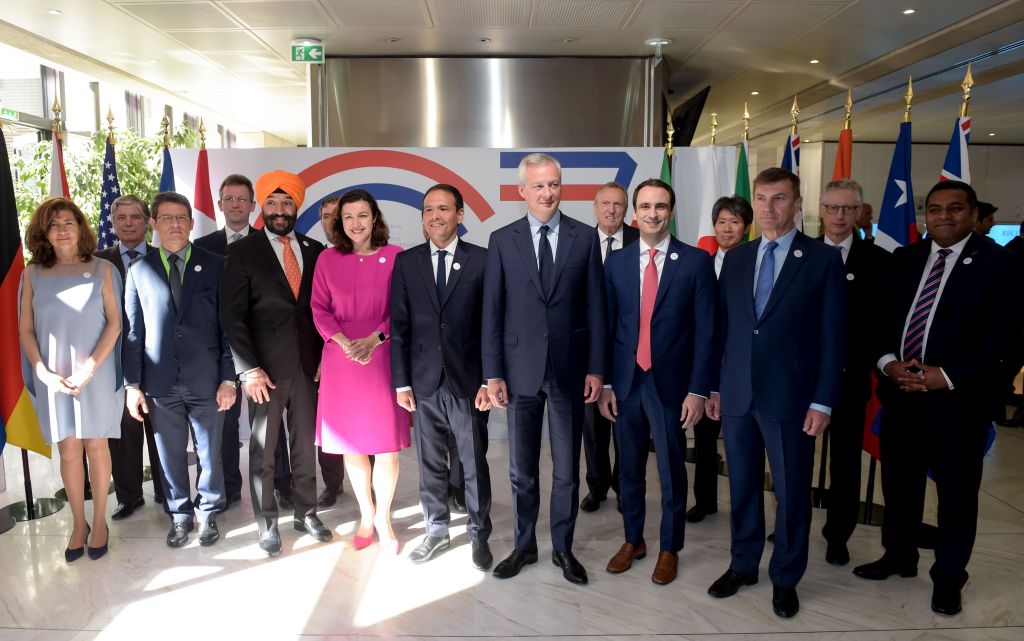Digital ministers of the Group of 7 nations are meeting today to discuss an upcoming charter on toxic content and tech regulation at large. Those countries plan to sign a charter during the annual G7 meeting in Biarritz, France in August.
“Everyone has to deal with hateful content,” France Digital Minister Cédric O said in a meeting with a few journalists. “This industry needs to reach maturity and, in order to do that, we need to rethink the accountability of those companies and the role of governments.”
You may have noticed that G7 countries also announced the Christchurch Call today. It is a nonbinding pledge asking tech companies to improve their moderation processes to prevent terrorist content from going viral.
Those two things are separate. The French government views the Christchurch Call as a way to start a discussion with tech platforms and put the spotlight on a particular issue. But the charter should be broader than the Christchurch Call and mention other issues.
World leaders ask tech giants to tackle toxic content with Christchurch Call
And yet, it’s going to be hard to sign a common agreement between such a diverse group of countries. “There are Nordic countries that are very concerned about free speech and there are Latin countries that are pushing for more regulation,” Cédric O said.
In addition to the Group of 7 nations (Canada, France, Germany, Italy, Japan, the U.K. and the U.S.), officials from Australia, India and New Zealand are participating in today’s discussions.
The charter won’t define hateful speech too precisely so that countries can interpret that phrase in their own way. But the negotiations should lead to a set of principles that each country can turn into laws.
In particular, officials want to encourage transparency when it comes to moderation processes through audits, as well as increased cooperation between tech companies, governments and civil society.
In December 2018, the Group of 7 nations announced plans to create a global panel to study the effects of AI. Ministers are discussing the implementation of this panel during today’s meeting, as well.
Sources working for the French Economy Ministry say that the U.S. might not sign the charter in August. “We won’t compromise too much — either all countries can agree on a strong stance, or some countries don’t sign the charter,” a source said.






























Comment